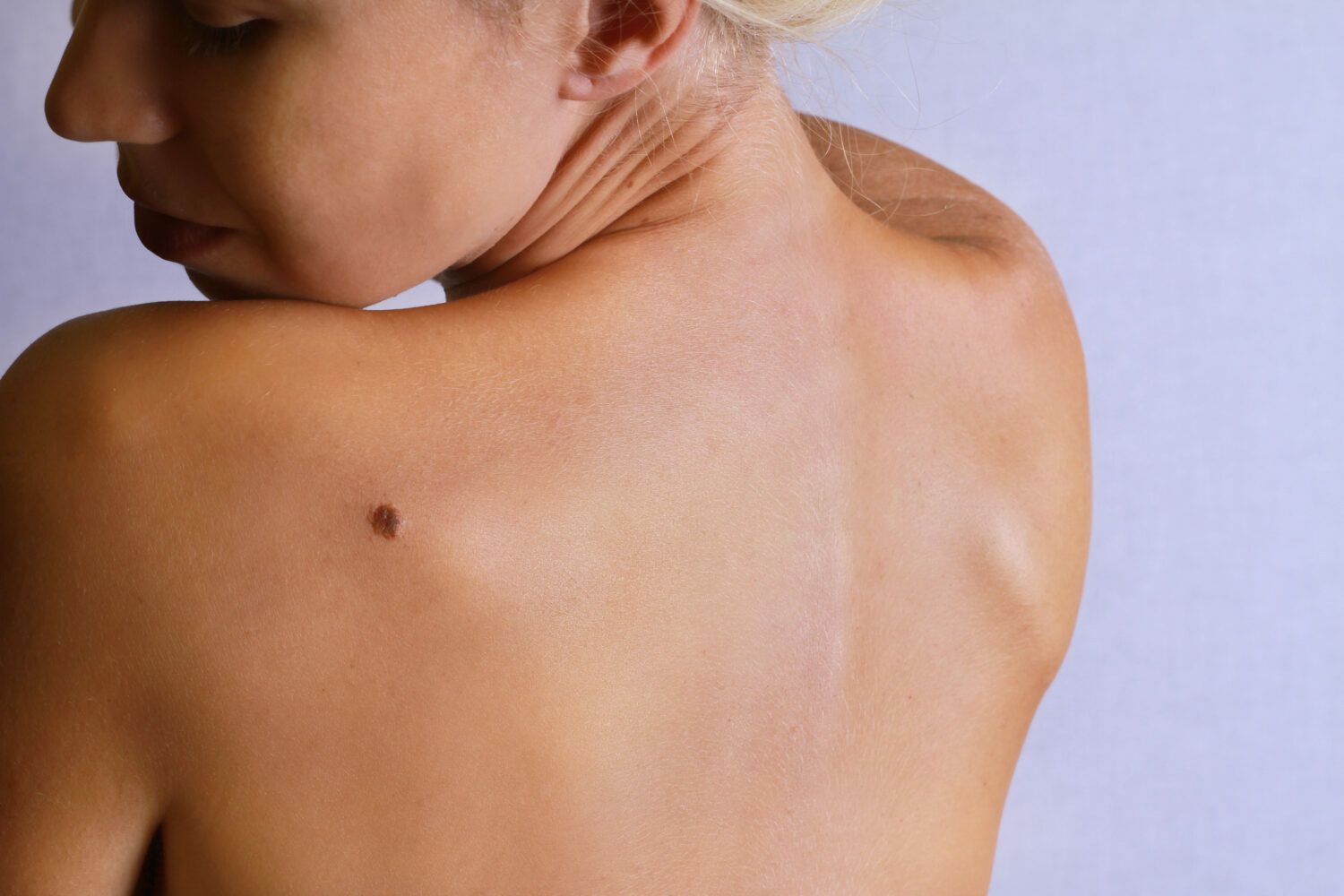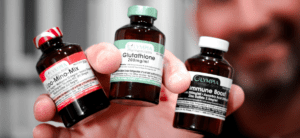How a simple procedure is beating skin cancer in Baton Rouge [Sponsored]
Sponsored by The Dermatology Clinic
When skin cancer is caught early on, patients have quite a few treatment options. For many, the first warning is unusual blemishes on the surface of the skin, discolored patches, raised bumps or lifted brown spots with uneven surfaces. Cancerous cells are usually found on patches of skin that are frequently exposed to UV rays. If you notice any early warning signs or have a family history of skin cancer, schedule an appointment with a dermatologist to have it checked.
Baton Rouge patients are grateful for the doctors at The Dermatology Clinic where Mohs Surgery, a simple procedure, is saving lives. Mohs micrographic surgery is a highly effective treatment for skin cancer, considered to be the most effective technique for treating many basal cell carcinomas (BCCs) and squamous cell carcinomas (SCCs). The procedure is done in stages, including lab work, while the patient waits. This allows the removal of all cancerous cells for the highest cure rate while sparing healthy tissue and leaving the smallest possible scar.

The Dermatology Clinic
Dermatologists with advanced training in the procedure usually perform Mohs surgery. At The Dermatology Clinic, Dr. Scott Dunbar specializes in this surgery and has performed over 10,000 Mohs and skin surgery cases. Dr. Dunbar is one of a very small number of doctors in Baton Rouge who perform Mohs Surgery. “I get to cure cancer every day,” Dunbar smiles. Dr. Dunbar completed his internal Medicine internship at Mount Sinai Hospital in New York City and his Dermatology Residency at Washington University in St. Louis. After residency, Dr. Dunbar moved back to New York to complete his ACGME- accredited Mohs Surgery, Cutaneous Oncology, and Cosmetic Dermatology fellowship with acclaimed surgeon and laser expert Dr. David Goldberg.
Dr. Dunbar shares the benefits and risks of Mohs surgery to help patients have a better understanding of the options and whether they may be a good candidate for the procedure.
MORE ABOUT MOHS
Dr. Frederic Mohs developed the technique that became known as Mohs surgery in the 1930s. Over the years, the process has been refined and now is considered the most effective treatment for most basal cell carcinomas and squamous cell carcinomas. Mohs surgery is a highly effective treatment of skin cancer, limiting the size of scars because it preserves healthy tissue. Besides having the highest cure rate of all current treatments for skin cancer, Mohs has some additional benefits:
Convenience: Mohs surgery is typically performed in a doctor’s office. Doctors use local anesthetic to numb the area they will be working on, so patients are not sedated for surgery. Because there is no general anesthetic, patients are allowed (and encouraged) to eat breakfast the day of surgery and snacks as needed on the day of surgery. In most cases, Mohs surgery requires just one day.
Higher rate of cure: According to the Skin Cancer Foundation, the cure rate for Mohs surgery is over 99% for skin cancers that have not been treated before. In Mohs surgery, the doctor removes all visible cancer and a small layer of surrounding tissue. That tissue is examined for evidence of cancer cells and if any traces of cancer are apparent, the surgeon removes another thin layer of skin and checks it under the microscope.
Lower cost: Because Mohs surgery doesn’t require a fully equipped operating room, it’s less costly than more extensive surgeries. And because it’s such an effective cancer treatment, most patients will not need additional treatment.
Minimal recovery and scarring: Because surgeons only remove a sliver of tissue at a time and stop to assess before removing any more, you can be sure your doctor will only remove as much tissue as necessary. Healthy skin is left undisturbed. Patients usually go home right after receiving Mohs surgery. Doctors sometimes recommend avoiding strenuous activity or exercise for up to seven days depending on the wound. Pain usually responds to over-the-counter medicines. Some patients experience swelling, bruising, and minor pain. Applying ice packs helps with swelling and bruising.
If you have any questionable moles or skin concerns due to sun damage, contact The Dermatology Clinic today to schedule a consultation with a trusted dermatologist. Dr. Dunbar and his team can set up a screening. At the Dermatology Clinic, patients can even get help with a skincare routine to help battle any sun damage they’ve already done and to prevent more from occurring in the future. Click here to schedule an appointment online or call 225.416.5109.













